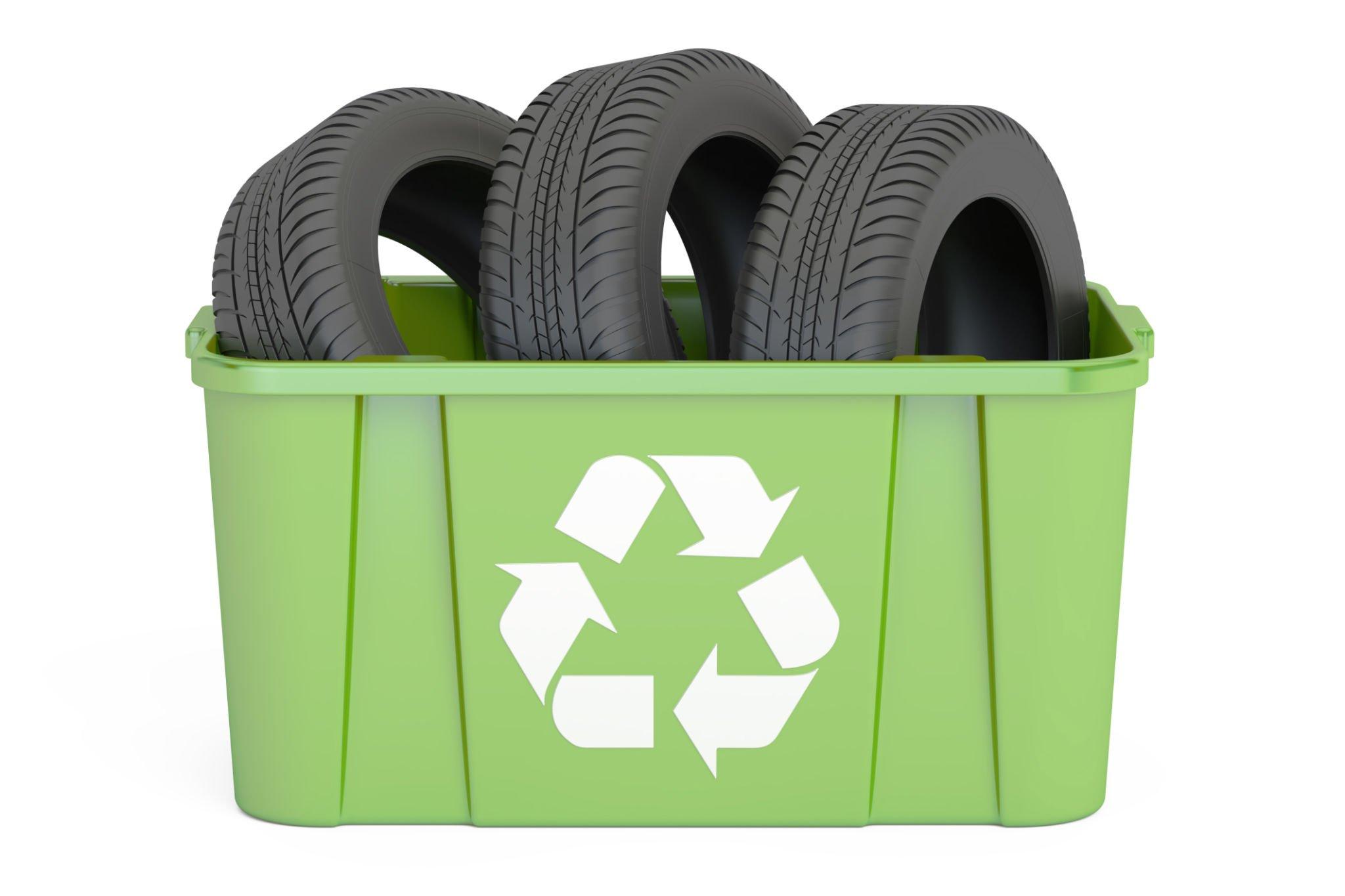In a world increasingly focused on sustainability and responsible resource management, the auto recycling industry has emerged as a beacon of environmental conscientiousness.
Beyond the image of junkyards and old cars, this industry plays a significant role in reducing the environmental impact of automobiles.

From conserving resources to reducing energy consumption, auto recycling offers a multitude of environmental benefits that contribute to a greener, more sustainable future.
In this article, the experts from B.Y.O.T Auto Parts explore its environmental merits and delve into eight compelling reasons why this industry deserves a closer look.
1. Resource Conservation
Auto recycling is a critical player in conserving valuable resources. Vehicles are a treasure trove of materials like steel, aluminium, copper, and various plastics. The process salvages these materials, ensuring they don’t go to waste.
By recycling these materials, we reduce the need for mining, refining, and manufacturing. This not only conserves these resources but also reduces the energy required for their extraction and processing. As a result, it’s a significant contributor to the conservation of our planet’s finite resources.
2. Reduced Energy Consumption
The environmental benefits of auto recycling extend to significant reductions in energy consumption. Manufacturing new auto parts and vehicles is an energy-intensive process, often relying on fossil fuels and emitting substantial greenhouse gases.
Read also: Junk Car Removal – No Title, No Problem!
Auto recycling steps in to cut down on this energy consumption significantly. By reusing and repurposing materials from old vehicles, the demand for new material production is lessened, saving a considerable amount of energy in the process. This reduction in energy consumption contributes to lower carbon emissions and a greener planet.
3. Landfill Diversion
An environmental win achieved through auto recycling is diverting vehicles from landfills. End-of-life vehicles can be a formidable challenge when it comes to disposal. They often contain a complex mix of materials, including hazardous substances like batteries, fluids, and other potentially harmful components.
Responsible recycling ensures that these vehicles do not end up in landfills, where they could potentially leak toxins into the soil and water, posing a significant environmental hazard. Instead, the industry focuses on recovering valuable materials from these vehicles, contributing to the reduction of pollution and the preservation of our land and water resources.
4. Pollution Mitigation
Auto recycling plays a crucial role in mitigating pollution at various stages of a vehicle’s life cycle. Firstly, by reducing the need for mining and manufacturing, it curtails air and water pollution generated by these industrial processes.
Additionally, the controlled disposal of hazardous materials is a cornerstone of the industry. Batteries, oil, coolant, and other potentially dangerous substances are carefully removed and processed according to environmental regulations.

This ensures that these materials are properly managed, minimizing the potential for environmental damage and contamination. By mitigating pollution in these ways, auto recycling makes a significant contribution to cleaner air, water, and soil.
5. Greenhouse Gas Reduction
Its benefits extend to the reduction of greenhouse gas emissions. As mentioned earlier, the process requires substantially less energy compared to producing new materials. This means fewer carbon emissions associated with energy production and manufacturing.
As a result, auto recycling plays a vital role in combating climate change. By cutting down on the energy required for the production of new materials and parts, it directly contributes to reducing our carbon footprint and lessening the impact of global warming.
6. Extended Vehicle Lifespan
Not only does auto recycling repurpose materials, but it also gives older vehicles a second lease on life. While it’s true that some vehicles reach the end of their roadworthiness, many still have valuable components that can be used in other cars.
Auto recyclers often carefully inspect and remove these components, making them available for resale as high-quality used parts. This practice effectively extends the lifespan of these parts and contributes to reduced waste. When vehicle owners can find reliable, affordable used parts, they are more likely to repair and maintain their vehicles instead of discarding them.
This directly reduces the demand for new vehicle production, resulting in decreased resource consumption and lower energy use associated with manufacturing. In essence, auto recycling helps keep vehicles on the road longer, which is a win for resource conservation and sustainability.
7. Reduced Water Consumption
The auto manufacturing process is water-intensive, with substantial amounts of water required for various stages, from mining and refining raw materials to the actual production of vehicle components.
Auto recycling alleviates this strain on water resources by lessening the need for raw material extraction and manufacturing. By recovering and reusing materials from end-of-life vehicles, the recycling industry significantly reduces the water requirements associated with new material production.

This is particularly crucial in regions where water is a scarce and valuable resource. By cutting down on water consumption in this manner, the process helps to safeguard these precious water supplies and contributes to a more sustainable use of this vital resource.
8. Conservation of Natural Habitats
The extraction of raw materials for vehicle production often leads to habitat destruction. Mining and resource extraction can result in the degradation of natural environments, including forests, wetlands, and ecosystems that provide critical habitats for various species of wildlife.
Auto recycling helps to minimize the impact on these natural habitats by reducing the demand for new material extraction. When materials are salvaged and repurposed from old vehicles, there is less need to disrupt these natural areas.
This is particularly important for protecting wildlife habitats and preserving biodiversity. By contributing to the conservation of these natural habitats, auto recycling is a significant ally in the effort to maintain the ecological balance and safeguard our planet’s rich tapestry of life.



